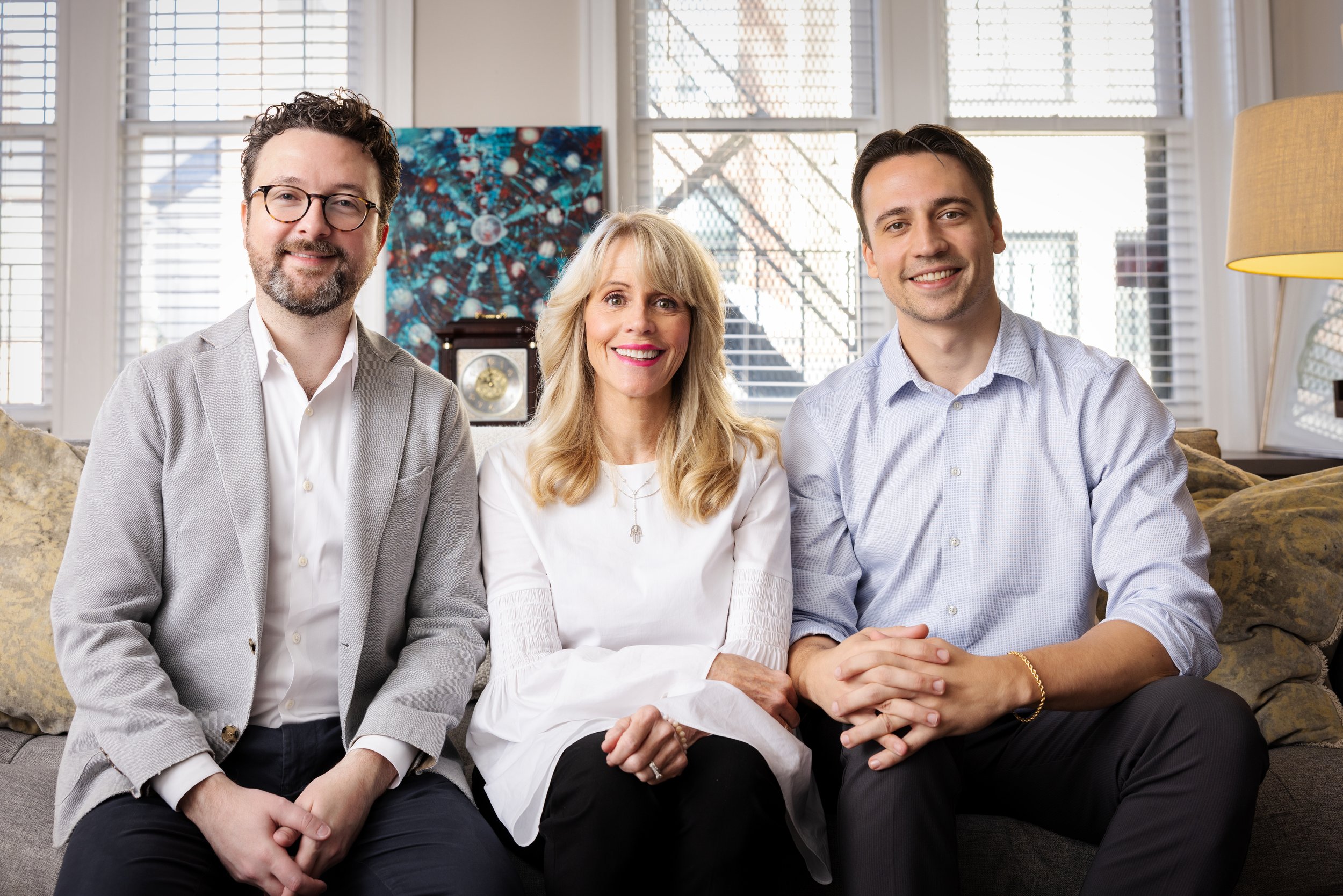Our Philosophy
We are humanists.
This statement is probably the most important thing you need to understand about how we view psychology and mental healthcare.
So, let us explain.

Humanism is a general description of a wave of thinking in philosophy championed by writers like Nietzsche, Heidegger, and Sartre, by psychologists and counselors like Irvin Yalom, Carl Rogers, and Sue Johnson, and by great, historical figures and revolutionaries like Jesus, Gandhi, Mandela, and Dr. Martin Luther King, Jr. Each of these people had or have different ideas; for many, the label “humanistic” only covers some of their teachings. But what unites them is an almost sacred calling to explore, expound upon, highlight, relieve, and, to some extent, normalize the universal human experience of suffering.
Humanists place the human condition, specifically the suffering of humanity, as the focus of their efforts. They value human life above all things, and they see the human experience as universal. They see suffering as a constant only managed through the acceptance of hard truths. For MLK, Jr., the hard truth was the reality of racism and prejudice with their imposed limits on freedom. For Nietzsche, the hard truth was the death of god and the primacy of reason. For Jesus, it was the central role of love. For Carl Rogers, it was the indomitable potential of the human spirit. Each of these people changed the world with their messages that outlined and presented humanity in new light. They elevated the human condition by celebrating and fighting for its splendor. And they did so by studying it with the use of reason and the collection data; simply put, they discovered and promoted the truth.
We believe that mental suffering is real, meaning we know that the reality of mental suffering is biological. However, as humanists, we also believe that mental suffering is a complicated human experience profoundly rooted in the coexisting realities of biology, sociology, and psychology. This multi-dimensional perspective makes us modern humanists in thinking; what makes us humanist in practice is our belief that the reduction of mental and emotional suffering happens when clients connect to their human experience, whatever it may be, with compassion and understanding. We truly believe that most people suffer because they are unable or unwilling to confront the realities of their suffering and the suffering of those around them, and, that by studying their experience and the experience of other humans, they can obtain all the knowledge required to heal.
Practically speaking, we facilitate healing in general mental healthcare by helping clients experience their humanity as human. We do that by facilitating awareness, providing information for education, increasing compassion and empathy, and, perhaps most importantly, by giving space for the normal human experience to express itself without judgment, fear, or reactionary behaviors. In the room of counseling most clients experience extreme safety, sometimes such that they’ve never felt before, and, in that safety, they are able to experience themselves, as they are, for the first time. We then use their experience of emotion, thought, and behavior (their human experience) as information to help us better understand what they might be going through and what to do about it.
In short, as humanistic counselors, we facilitate powerful experiences of and confrontations with our clients’ humanity, giving them permission to be themselves without fear and judgement to help them better understand and react to their human condition with compassion, love, and some hard truths about what it means to be human in the 21st century.
